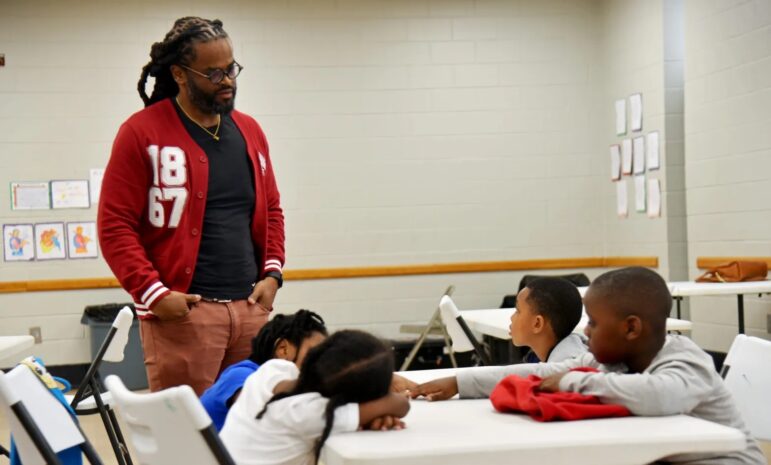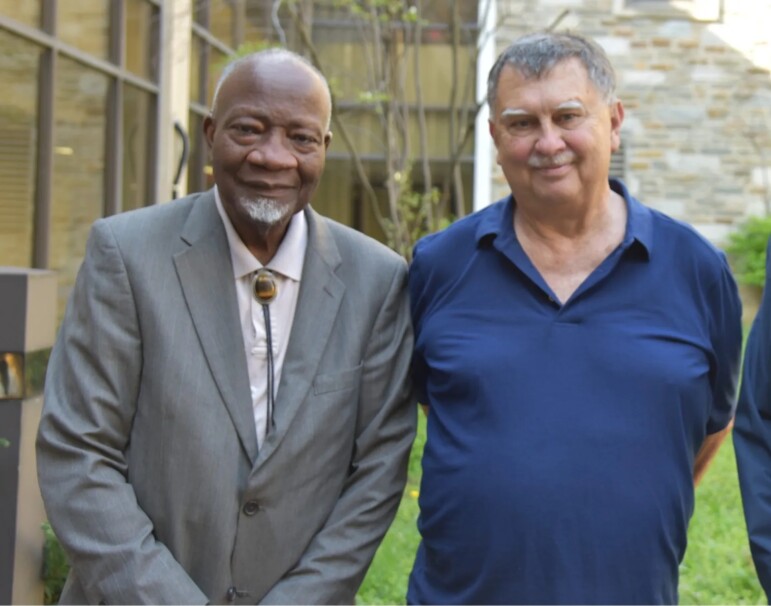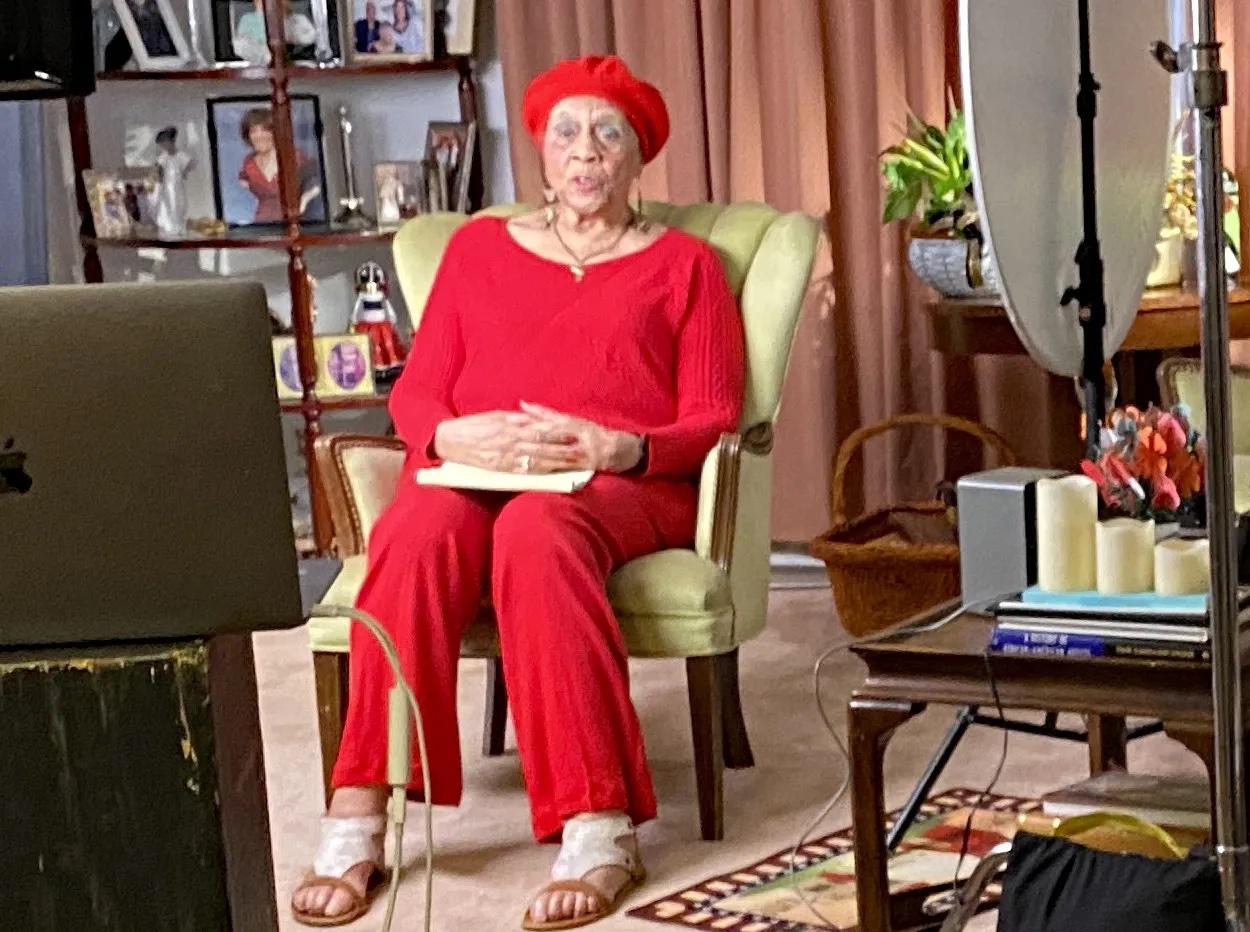When Oakland filmmaker George Csicsery announced he would make a documentary about Black mathematicians, he frequently was asked: “Are there any?”
That question alone justifies the project, says the director and producer of “Journeys of Black Mathematicians: Forging Resilience,” which screens Feb. 7 at Berkeley’s Brower Center in a free presentation sponsored by the Simons Laufer Mathematical Sciences Institute in Berkeley.
“Journeys of Black Mathematicians,” which premiered in January at the Joint Mathematics Meetings in San Francisco, is the first of three films about Black scientists, mathematicians and educators that Csicsery, who conducted dozens of interviews, will produce. Csicsery expects the second to appear later this year.
Working with his cameraman, acclaimed Oakland cinematographer Ashley James, Csicsery says he filmed so much material not simply because the number of mathematicians of African descent he encountered exceeded his expectations, their stories tended to be zingers.
African Americans are not only underrepresented in the field, their achievements have been overlooked because the public perceives the road to excellence for African Americans is limited to sports and the arts.
“Journeys of Black Mathematicians” presents a panorama of 60 remarkable achievers, starting with Edward Bouchet, whose doctorate in physics from Yale University in 1876 marked the first time an African American earned a graduate degree from an American university.

Csicsery, who spent about an hour or two with each of his subjects as they recounted their career trajectories, challenges and achievements, was enchanted by the details they shared. Don Cole, for instance, was not allowed to study at the University of Mississippi, but later became a teacher and top administrator at the institution. Then there’s Zerotti Woods, a self-described outlaw who now heads a research laboratory at Johns Hopkins University.
Other luminaries in the film include Virginia K. Newell, a North Carolina woman who, at age 102, reminiscences about obstacles teaching reading and writing to Black children, much less math. “Those Negroes don’t need anything but simple arithmetic,” she was told. She describes her challenges introducing algebra and geometry into the curricula she taught.
Csicsery gained access to the myriad personalities in the film through Johnny L. Houston, co-founder of the National Association of Mathematicians, an organization for Black mathematicians. “Journeys” also reflects the history of such associations that support Black mathematicians and the collegiality that impels them to help each other advance.

Csicscery’s documentary production company Zala Films has enjoyed a two-decade collaboration with SLMath, an independent research and study center for international mathematicians which has helped raise funds for Zala projects.
The filmmaker hopes to create a third film in the series that will focus on the biographies of select exceptional achievers.
In some ways, Csicscery, who was born in Hungary and immigrated to the U.S. when he was a toddler, can relate to the subjects of his films. Remembering early years in the country when he could not speak English, he says, “I understand the idea of being marginalized and excluded. Not being part of the ruling majority.”
“Journeys of Black Mathematicians: Forging Resilience” screens at 6:30 p.m. Feb. 7 at the David Brower Center, 2150 Allston Way Berkeley. Admission is free; registration is requested at zalafilms.com.
